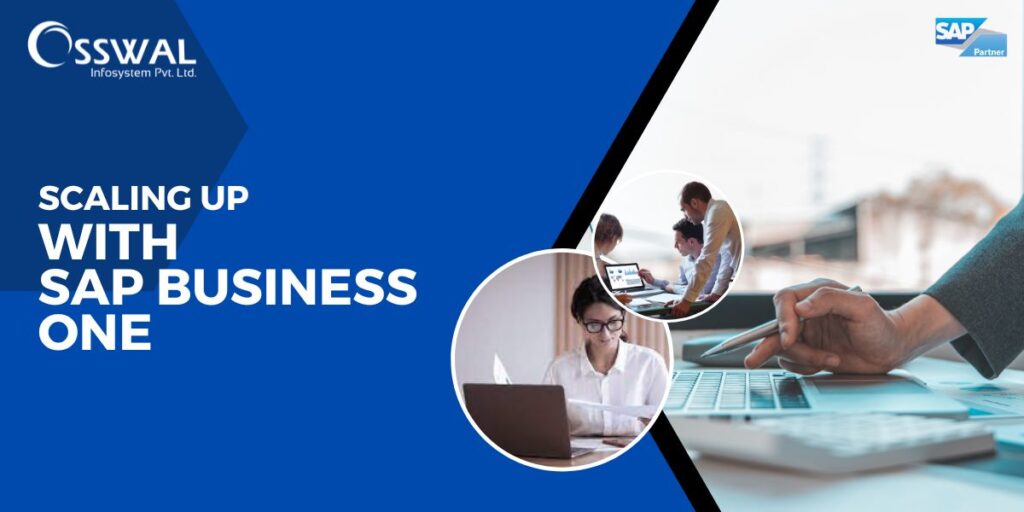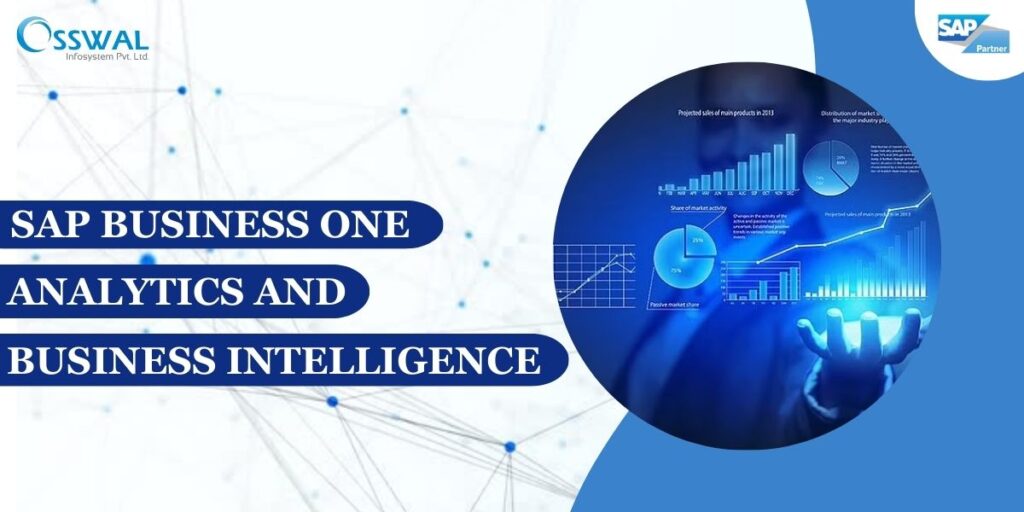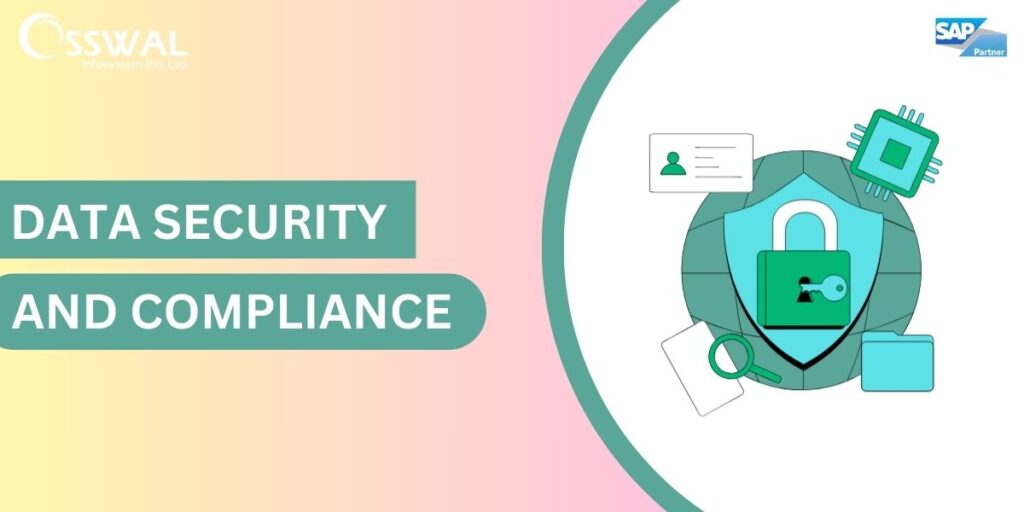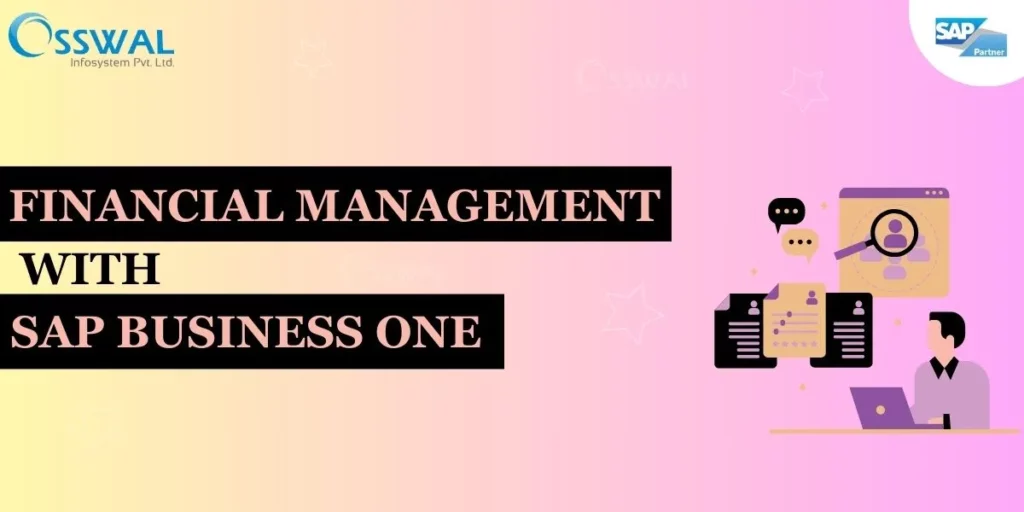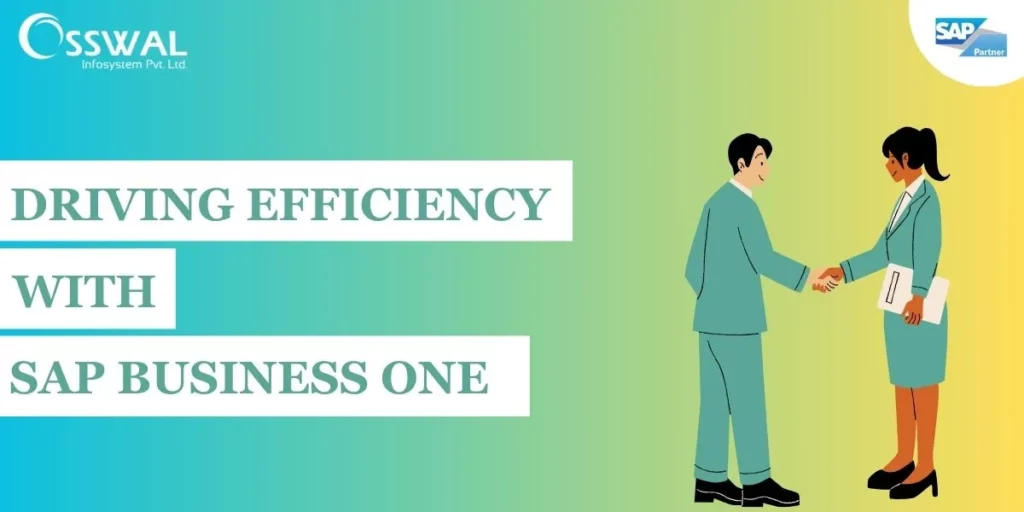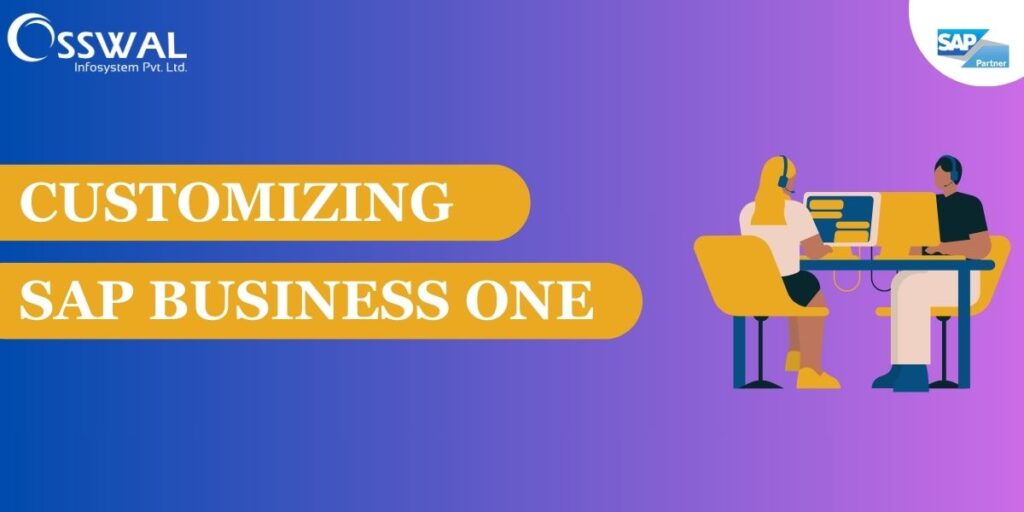In today’s fast-paced business world, all businesses, regardless of size, are constantly searching for ways to boost productivity, simplify operations, and make data-driven decisions. Enterprise resource planning (ERP) software is a powerful tool that complies with these demands. The definition of ERP, the situation of ERP software in India, and the price of ERP software […]
What is ERP Software (Enterprise resource planning)? Read More »



